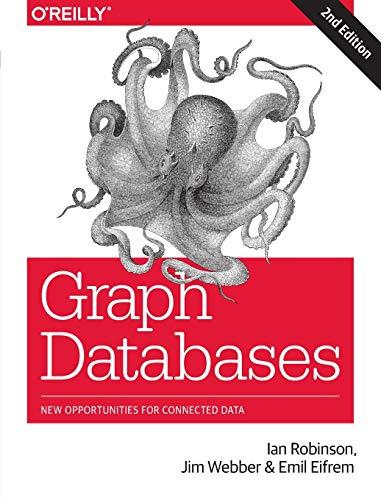Answered step by step
Verified Expert Solution
Question
1 Approved Answer
Based on the given references above and the class City in the last question, define a new Java class BCity for modeling Better Cities with

Based on the given references above and the class City in the last question, define a new Java class BCity for modeling "Better" Cities with the following requirements.
- This BCity class is a public subclass of the given class City
- This class has a specific instance field named bRList (type ArrayList of string) representing the list of better rules (of string type) governing the better city.
- This field is initialized with an empty ArrayList of string.
- This class has a specific instance field named bRList (type ArrayList of string) representing the list of better rules (of string type) governing the better city.
- It has one constructor with 3 parameters (String cN, int cP, String[] rules) :
- The first and second parameters are for the name and population of the city object, while the third parameter is for the rules.
- The body of this constructor first calls the corresponding constructor of its superclass with the two related input parameters.
- The constructor body then adds all elements of the input array parameter into its own specific field bRList.
- It has 2 public methods:
- The method hasRu1e ( ) is for checking if the city includes a specific rule string.
- The method accepts one input argument rule of string type and returns int value.
- This method checks if the input argument rule appears in the field bRList and matches the string content of an element in the list bRLi st.
- The method returns the index number of the first matched element found in the list.
- The method returns -1 if no element found in the list matches the input argument rule o The method dispRList ( ) is for displaying information of the object on console.
- The method has no input argument and no return value.
- The method body first displays the general information of the city, then displays all its rules (one rule in a line) as sample program output below.
Sample Program Output
(Suppose City has: name "B City", Population 4, Rules: "Rule 11" and "Rule 12")
| City: BCity, Pop: 4 Rule 11 Rule 12 |
Step by Step Solution
There are 3 Steps involved in it
Step: 1

Get Instant Access to Expert-Tailored Solutions
See step-by-step solutions with expert insights and AI powered tools for academic success
Step: 2

Step: 3

Ace Your Homework with AI
Get the answers you need in no time with our AI-driven, step-by-step assistance
Get Started


